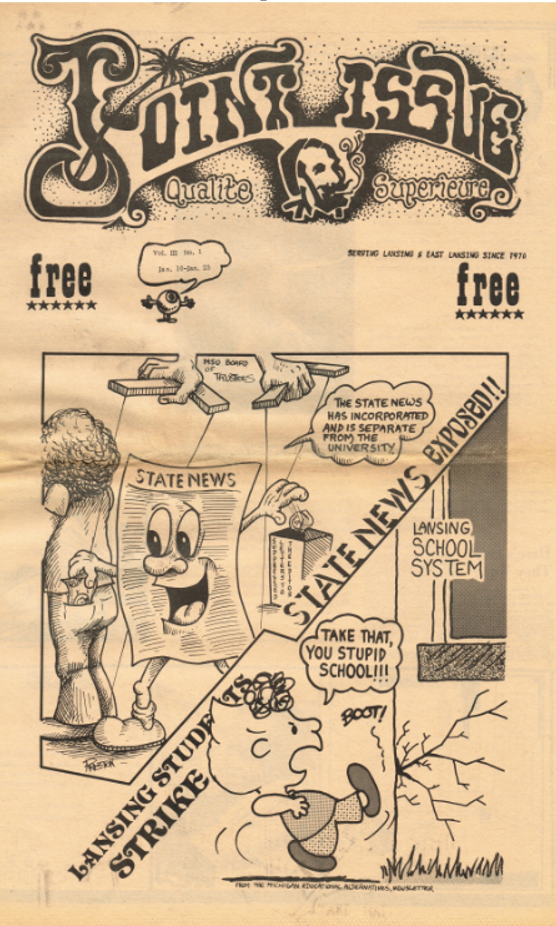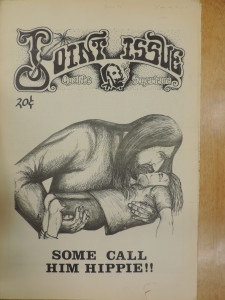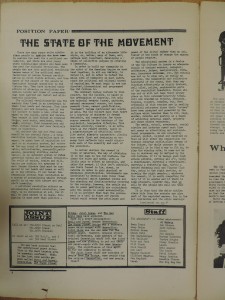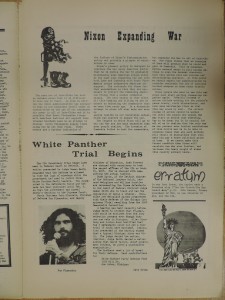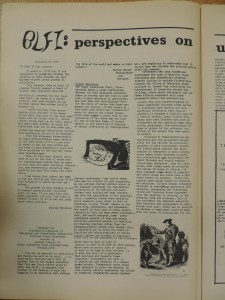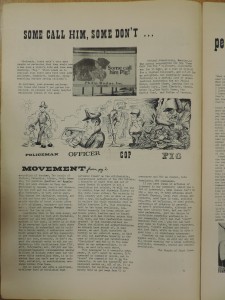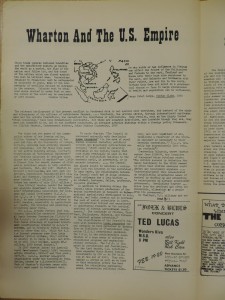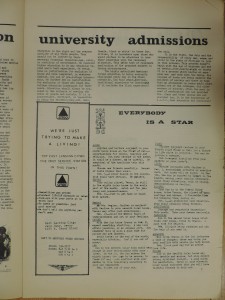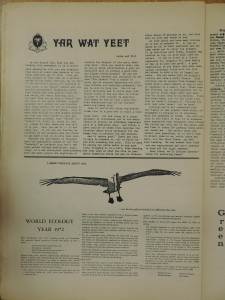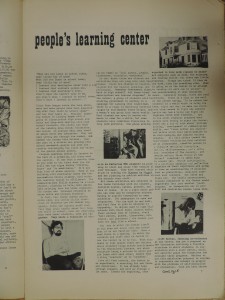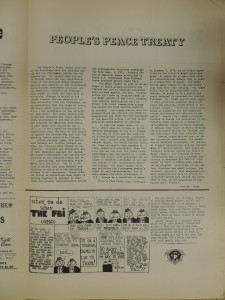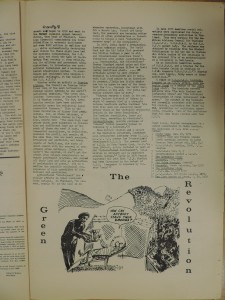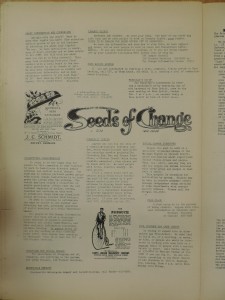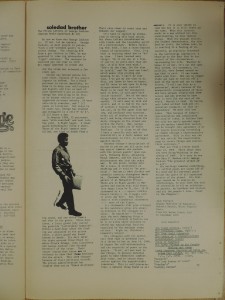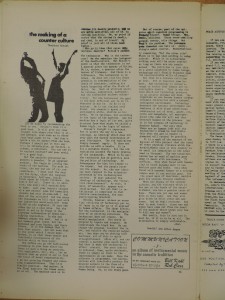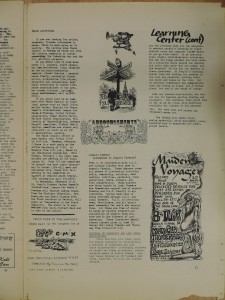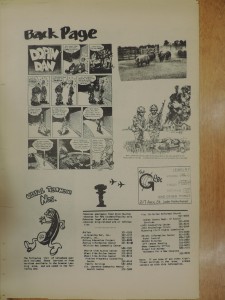UPDATE: July 12, 2014 East Village Other joins Digital Project. Read latest news here.
From 1950 to 1980, before the personal computer revolution and the birth of the Internet, a vigorous and pervasive paper media flourished in America. The underground press — as it was called then — included not only thousands of newspapers, but literary gazettes and alternative periodicals.
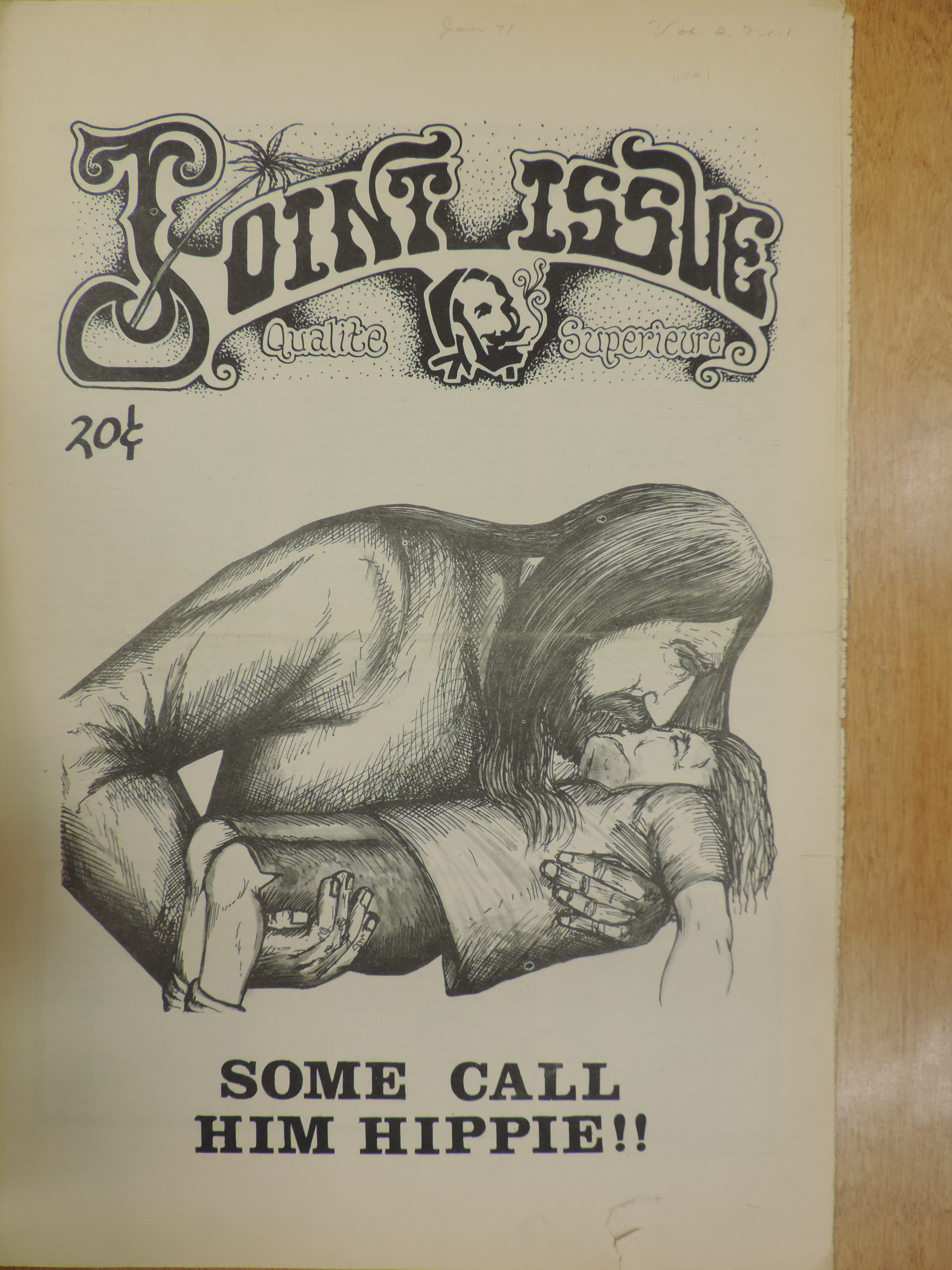
Historian Ken Wachsberger is now working with libraries and publishers to find, rehabilitate, and digitize hundreds of underground publications that otherwise will be lost to history as they decay to dust in closets and basements across America.
Not on my watch, Kenny has pledged.

Digitizing Underground, Alternative and Literary Publications from a Legendary Era
The task is enormous. [ click on link above to see how big ] The number of publications is in the thousands.
The underground press got its energy from millions of people who opposed war during a period when the United States raged racist wars in countries like Korea, Vietnam, and Cambodia. Countless men and women of conscience opposed segregation in America; they dedicated big chunks of their lives to helping our country come to grips with its sordid racial past.
The underground press injected energy into a cultural revolution that brought hope to women, gays, racial minorities, the poor, the disadvantaged, and the physically and mentally challenged.
During the thirty years between 1950 and 1980 the underground press brought a fresh point of view, which changed not only America but the world. The earth became a better place to live for hundreds of millions of people who had been burdened and locked-out by discrimination and prejudice — the ravages of war and scarcity — brought by the greed and power of men, mostly, who didn’t give a care about who they hurt.

Today it seems like if it’s not on the internet, people think it never happened. If a PDF, Word file, blog, or web-site doesn’t write about it — or a YouTube video doesn’t feature it, people give up looking for records from past that exist only in the memories of folks too old to understand the internet enough to preserve their experience for the folks who will come after.
The risk to everyone — to the people who lived and suffered these changes — is that everything the smartest generation learned and accomplished will be forgotten.
Civilization will slide back into old the habits and ways that have wrecked society after society over the entire history of humankind. The politics of exclusion will push back the politics of inclusion. Peace will give way to war. Open and free-living will give way to gated communities and a fortress mentality.
The lessons learned from the struggle to save America will be lost, and our country will have to relearn them, at great loss to our national momentum toward a better life for all. Should totalitarianism take root, freedom will disappear, forever.
It’s a risk every thinking person is wise to take seriously.
The project to digitize the legendary past is big and important. I am grateful to Ken Wachsberger and his team for the effort they are making to save our history when so many seem ready to put it behind at great peril to future generations.
Billy Lee

